Aiello, Harris, Abate, Law Group PC
New Jersey Attorneys With Over 250 Years of Combined Experience
The law firm of Aiello, Harris, Abate, Law Group PC is proud of its nearly six decades of successfully representing clients with all kinds of legal matters throughout New Jersey. Since 1955, we have been providing strong representation and effective legal guidance to clients across New Jersey.
Our multi-disciplinary team of sixteen seasoned attorneys, several who are former New Jersey prosecutors, has a hard-earned reputation for excellence, commitment to our clients, and delivering the best possible outcomes including verdicts and settlements in the millions of dollars.
Our practice is diverse, encompassing a broad range of practice areas from serious personal injury cases, to complex employment issues, to criminal defense. In fact, our “team” approach to our client’s legal issues ensures that we are providing the greatest level of service as our clients’ legal issues affect many aspects of their lives.
Our Firm Handles Many Types Of Law Cases Including:
- Personal Injury – The personal injury team at Aiello, Harris, Abate, Law Group PC, some of whom are former insurance defense attorneys, passionately believes that injured parties have a right to compensation, even when those at fault have a wealth of legal resources dedicated to denying claims against them.
- Employment law – Having the in-depth experience in representing both sides of an employment-related case gives the employment law team at Aiello, Harris, Abate, Law Group PC a unique, unparalleled advantages in understanding the opposing side’s strengths, weaknesses, and strategies.
- Criminal defense – If you or a loved one is facing criminal charges, you need experienced criminal defense attorneys on your side to protect your rights. Former prosecutors with countless hours of experience in the courtroom, the criminal defense attorneys of Aiello, Harris, Abate, Law Group PC treat all our clients with respect and provide the supportive guidance and ardent advocacy you need to successfully navigate the criminal justice system.
- Other Practice Areas – In every one of the segments of law in which we practice, goal is the same: to stand firm in the defense of our clients’ rights and interests, and to use all of our experience, resources and skill in order to achieve the best possible results in each case.
- Family law and divorce
- Estate planning
- Tax law
- Bankruptcy
- Immigration
- Real estate
- Condominium law
- Mediation services
Our attorneys have been featured in dozens of televised, print, radio, and internet media including The New York Post, New York Daily News, The Newark Star Ledger, The Bergen Record, The Courier News, The Philadelphia Inquirer, NJ.com, the Bergen Record, News 12, ABC, NBC, CBS, CBS Radio, 101.5 FM, WINS Radio NY, etc.
Call & Speak With One of Our Local NJ Lawyers Today!
When your legal freedoms, health, or ability to earn a living are put in jeopardy, your entire life is seriously impacted – do not wait to get sound legal counsel. With Aiello, Harris, Abate, Law Group PC, you can rest assured that the best and brightest legal minds with over 250 years of combined experience are on your side, advocating for your rights.
Your Initial Case Review is Free!
For your convenience, we are available to assist you 24 hours a day, 7 days a week. If you need us, call us at (908) 561-5577 or contact us online. Your initial consultation is free, and we accept all major credit cards.























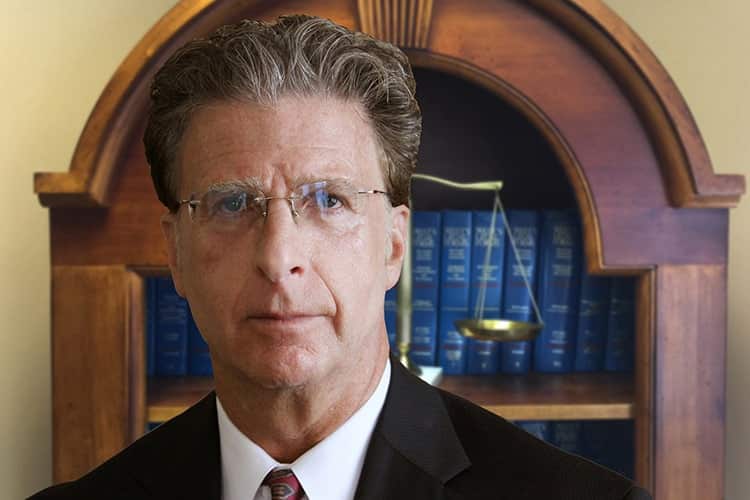 Christopher G. Aiello Esq.
Christopher G. Aiello Esq. Evan Mason Harris Esq.
Evan Mason Harris Esq.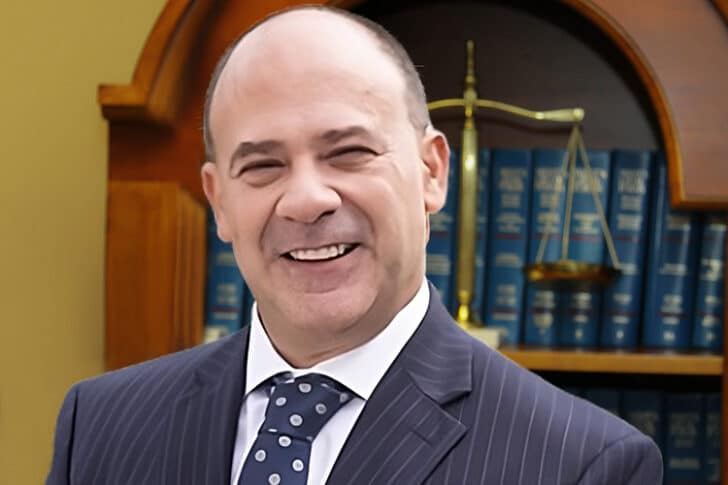 James A. Abate Esq.
James A. Abate Esq. William R. Marth Esq.
William R. Marth Esq. Frank Tunnero, Esq.
Frank Tunnero, Esq. Anthony P. Alfano Esq.
Anthony P. Alfano Esq. Rebecca D. Higbee, Esq.
Rebecca D. Higbee, Esq.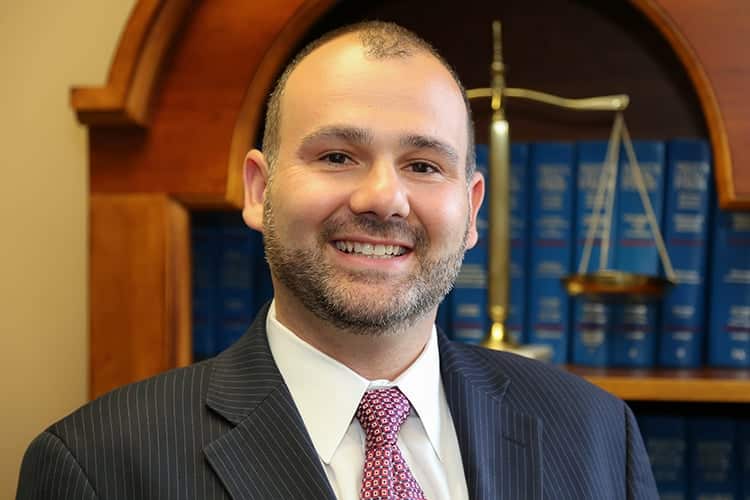 Sebastian Ben Ionno, II, Esq.
Sebastian Ben Ionno, II, Esq. Jay J. Freireich, Esq.
Jay J. Freireich, Esq. James Lankford
James Lankford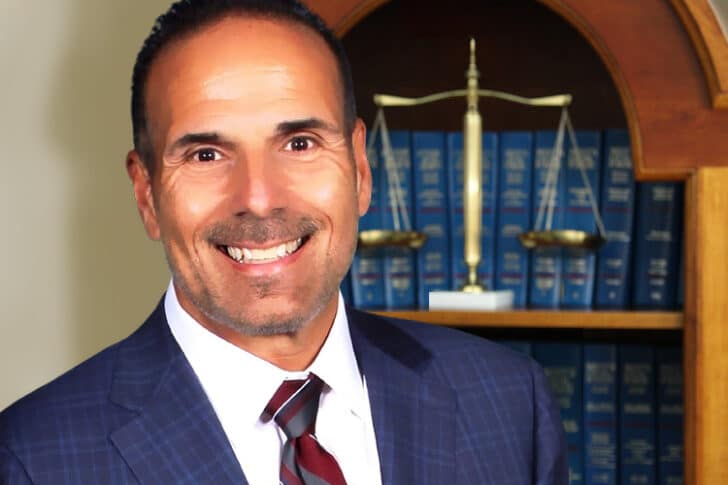 Joseph Del Russo
Joseph Del Russo John Portanova
John Portanova Daniel Tune
Daniel Tune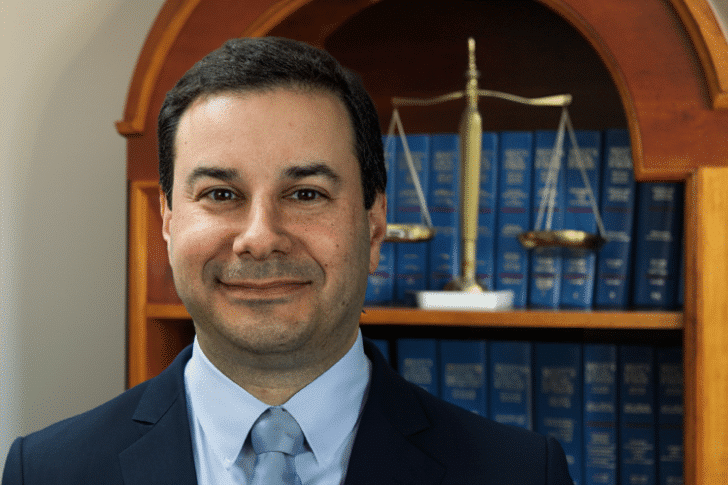 Alan Pollack
Alan Pollack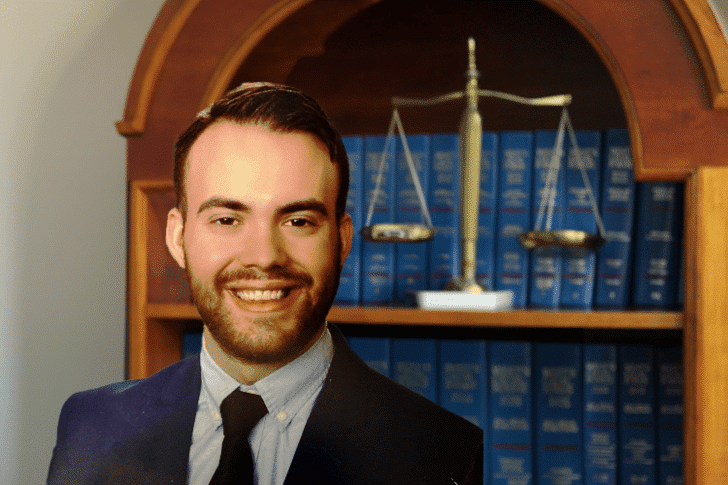 Robert Novicke
Robert Novicke Stephanie Fulton
Stephanie Fulton